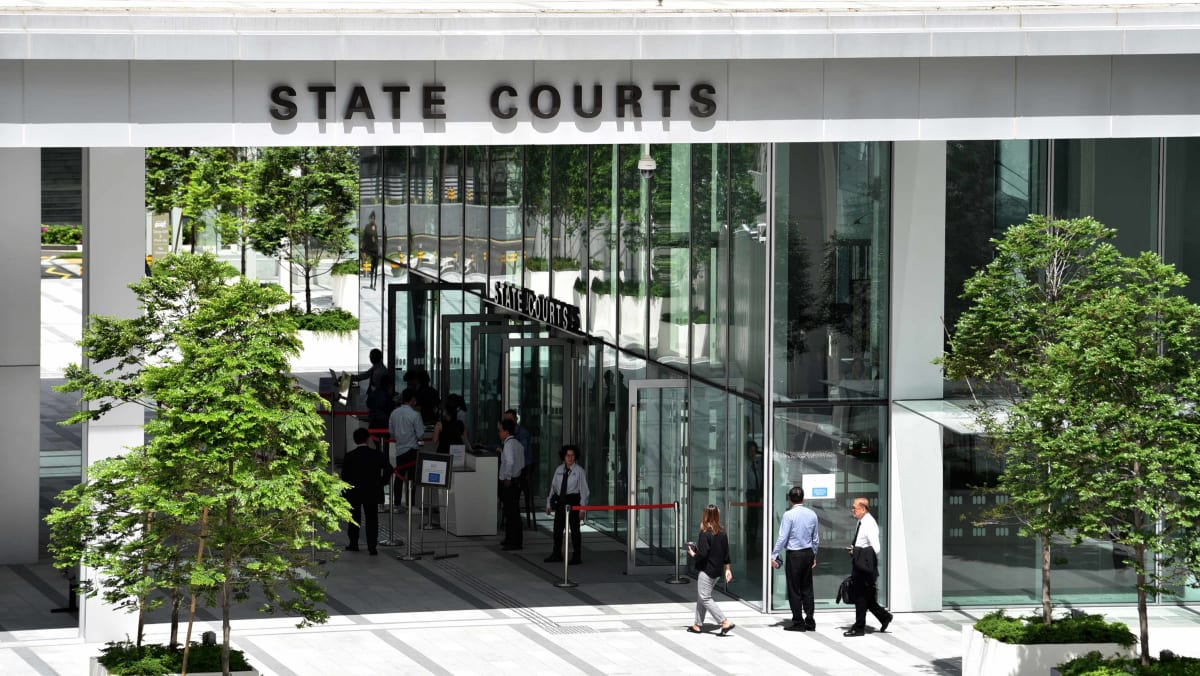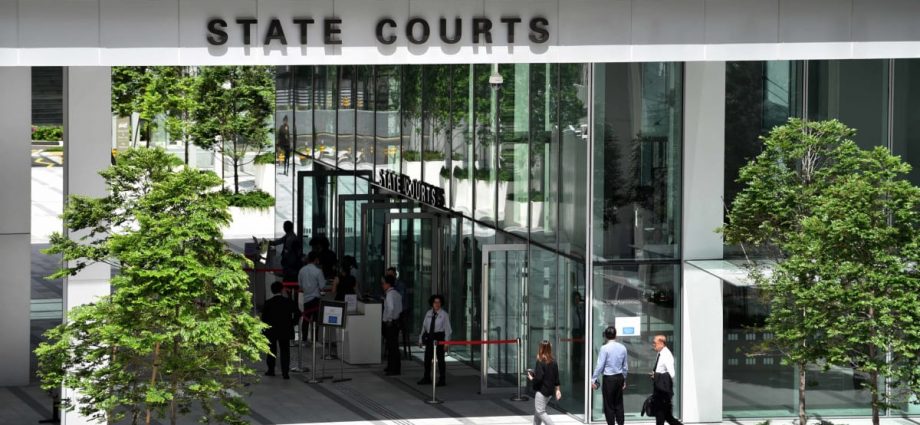
SINGAPORE: Despite knowing that he stood to gain S$1.5 million from the owner of a medical business if the latter was acquired by his company, a director did not disclose this conflict of interest to the board.
The deal went through, with women’s and children’s healthcare group Singapore O&G (SOG) acquiring the business and medical practices of Dr Joyce Lim Teng Ee for S$26.5 million.
After the acquisition, Dr Lim issued a cheque to the director for S$1.5 million made out to a separate company belonging to the director for works carried out, including an “introduction fee” and for “consultancy services”.
Christopher Chong Meng Tak, 64, was convicted on Wednesday (Feb 22) of two counts of cheating SOG and the bank that accepted the cheque for S$1.5 million.
Chong had contested the charges and was defended by a team of lawyers from Drew & Napier comprising Senior Counsel Cavinder Bull, Adam Maniam, Gerald Tay, Charmaine Yap and Chai Wen Min.
According to a set of facts agreed by both the prosecution and defence, Chong was a lead independent director on the board of directors at SOG, a listed company.
He was also chairman of the audit committee that recommended the proposed acquisition for the board’s approval.
At the same time, he was also a director of several public and private companies including Paromay, a private company incorporated in Hong Kong that had no business activities and that Chong and his wife used as a personal investment vehicle.
Chong, a Malaysian and Singapore permanent resident, received a recommendation sometime between 2013 and 2015 for SOG to consider including Dr Lee on its platform.
Dr Lee was the founder and director of JL Laser & Surgery Centre, JL Esthetic Research Centre and JL Dermatology.
In July 2015, Chong introduced Dr Lee to SOG’s chief executive officer and financial controller.
After this, Chong was involved in the structuring of the acquisition and the plans for expanding SOG’s aesthetic business after the acquisition.
In November 2015, SOG’s board of directors held a board meeting in which the acquisition was approved. At this meeting, Chong did not disclose any interest in the acquisition.
The acquisition was completed and SOG paid the purchase price of S$26.5 million to Dr Lee.
In February 2016, Chong notified his relationship manager for Paromay’s bank account with Bank Julius Baer (BJB) that he had a “rather large cheque” for a project and that part of the funds belonged to third parties.
He issued an invoice under Paromany, bearing his wife’s signature, addressed to Dr Lee for the sum of S$1.5 million.
This was for an “introduction fee”, “consultancy services”, “financial advisory”, “due diligence advisory” and “documentation review” work carried out.
Dr Lee issued a cheque for S$1.5 million to Paromay in March 2016. Chong deposited the cheque into Paromay’s bank account with BJB.
Bank staff at BJB queried about the sum, and Chong claimed that the S$1.5 million represented the “see-through value” of “shadow equity” held by him in relation to the acquisition.
The bank verified that there was such an acquisition, accepted the cheque and deposited the sum of S$1.5 million into Paromay’s bank account.
Court documents did not state how the case came to light, except that the Corrupt Practices Investigation Bureau became involved.
Chong resigned from the board in 2017.
DIRECTORS UNAWARE OF THE SUM
At trial, the other directors testified that they were unaware that Chong would be receiving S$1.5 million from Dr Lim in connection with the acquisition.
One of the directors said that if he had been aware at the board meeting about the undisclosed interest of S$1.5 million, he or another board member would likely have raised the question of whether this was a “rightful thing to do” and something the board would endorse.
He said the board would need to know what the fees are being paid for, and it might affect the acquisition price.
He said that since SOG paid S$26.5 million to Dr Lim and Dr Lim paid S$1.5 million to Paromay, Dr Lim received S$25 million in net proceeds.
In other words, SOG could have bought the business for S$25 million instead.
District Judge Carol Ling found that Chong had concealed his conflict of interest.
In his defence, Chong claimed that he had abstained from voting on the acquisition and had told the board that he would not be voting because he had introduced Dr Lim.
However, in court, none of the directors remembered Chong abstaining from voting for the acquisition.
It was patently clear that Chong was in a conflict of interest situation, said Judge Ling.
She agreed with the prosecution that Chong did not disclose his interest in the acquisition because he knew that if he did, he would have to step down as director, and the acquisition would not go through. He would also not receive S$1.5 million as a result.
Judge Ling said Chong’s state of mind reflected an intention to deceive. He will return to court for sentencing in May.

